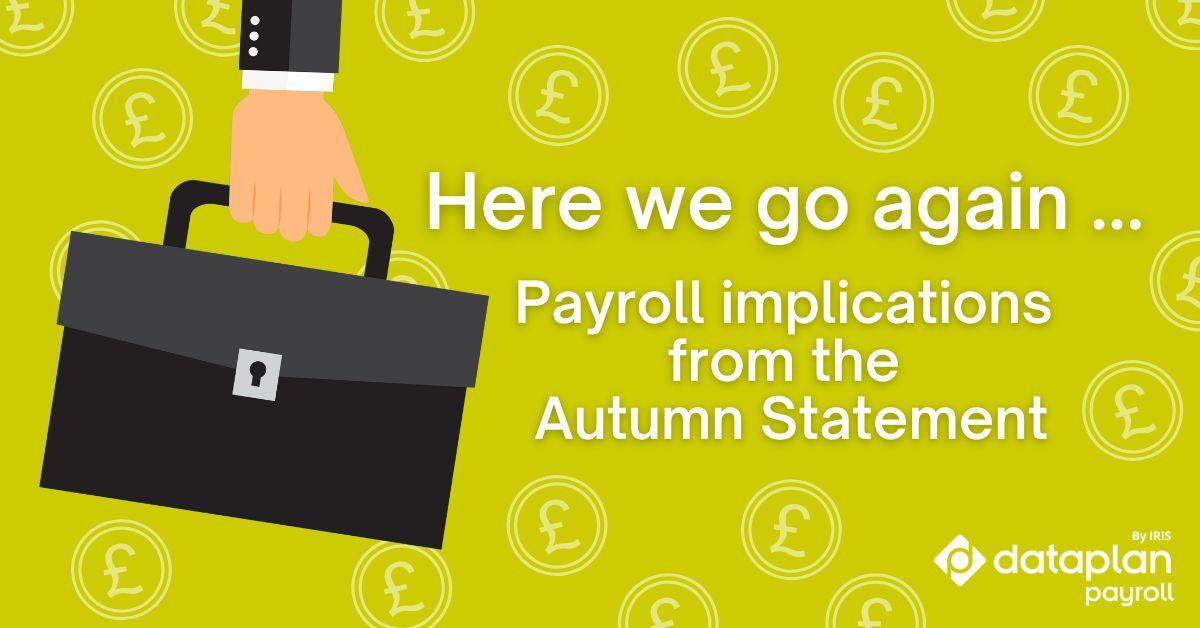
After a flurry of policy pledges in recent months, the Autumn Statement is finally here. Paul Chappell unpicks the most important points for UK employers and their payrolls.
Today, Chancellor Jeremy Hunt delivered a range of new announcements which will affect how businesses operate and how they will pay their staff. Some things are changing, and some are staying the same, but many play a key role in how payroll is processed for your staff.
Factors affecting millions of workers
Tax thresholds
Curiously, the biggest change for many employees might be something that, on paper at least, remains static. Two tax thresholds are staying the same until 2028, and one is dropping dramatically, when these would normally edge up in line with average pay.
This means that as wages rise – with employers trying to help staff with cost-of-living expenses – lower-paid employees will hit the tax-free threshold (£12,571) sooner and pay 20% tax. Those over this line will effectively move more quickly to cross the next frozen threshold (£50,270) and pay 40%.
Those earning more than this latter threshold will also hit the top rate sooner – paying 45% after earning more than £125,140 from April next year, as opposed to £150,000.
The minimum wage
From April 2023, the National Minimum Wage will be as follows:
- For 21 to 22-year-olds it rises to £10.18 per hour
- For 18 to 20-year-olds it rises to £7.49 per hour
- For 16 to 17-year-olds it rises to £5.28 per hour
Meanwhile, the apprenticeship rate increases to £5.28 per hour.
Vehicles
Electric vehicles will no longer be exempt from vehicle excise duty (or so-called “road tax”), and the benefit cost will go up 1% each year from 2025/2026 until 2027/2028.
A key figure that will stay the same
Employment Allowance will remain at its current amount, £5,000, and on the same terms (businesses or charities with employers’ Class 1 National Insurance Contribution liabilities of less than £100,000 in the previous tax year).
Things are getting more complex... but there’s always help
It’s fair to say we have seen a lot of changes affecting business operations and payroll over the last four years – more than many of us might have anticipated.
At Dataplan, knowing and implementing this in payrolls is our day job: all these changes are made in a timely way on behalf of the organisations we work with, so there’s nothing to worry about. Taking up this responsibility gives our clients the chance to focus on what they do best – and means they don’t have to worry about costly, law-breaking mistakes.
If you don’t work with us yet, and would like to see how we can help you in the increasingly complex world of payroll, get in touch.
Dataplan are one of the UK’s leading providers of specialist payroll and associated services.
From payroll outsourcing and pension service management to ePayslips and gender pay gap reporting; we have a solution for you and your business.
